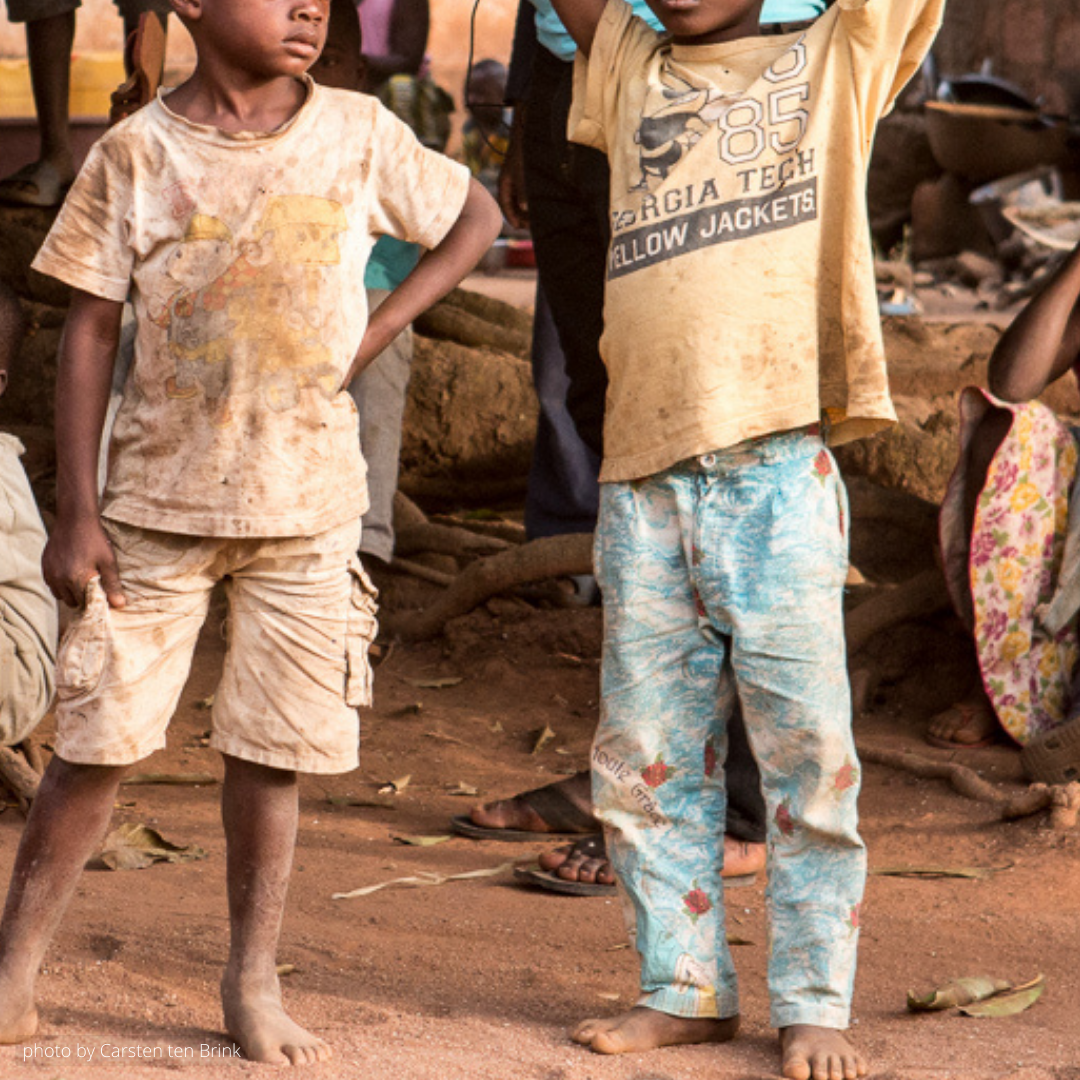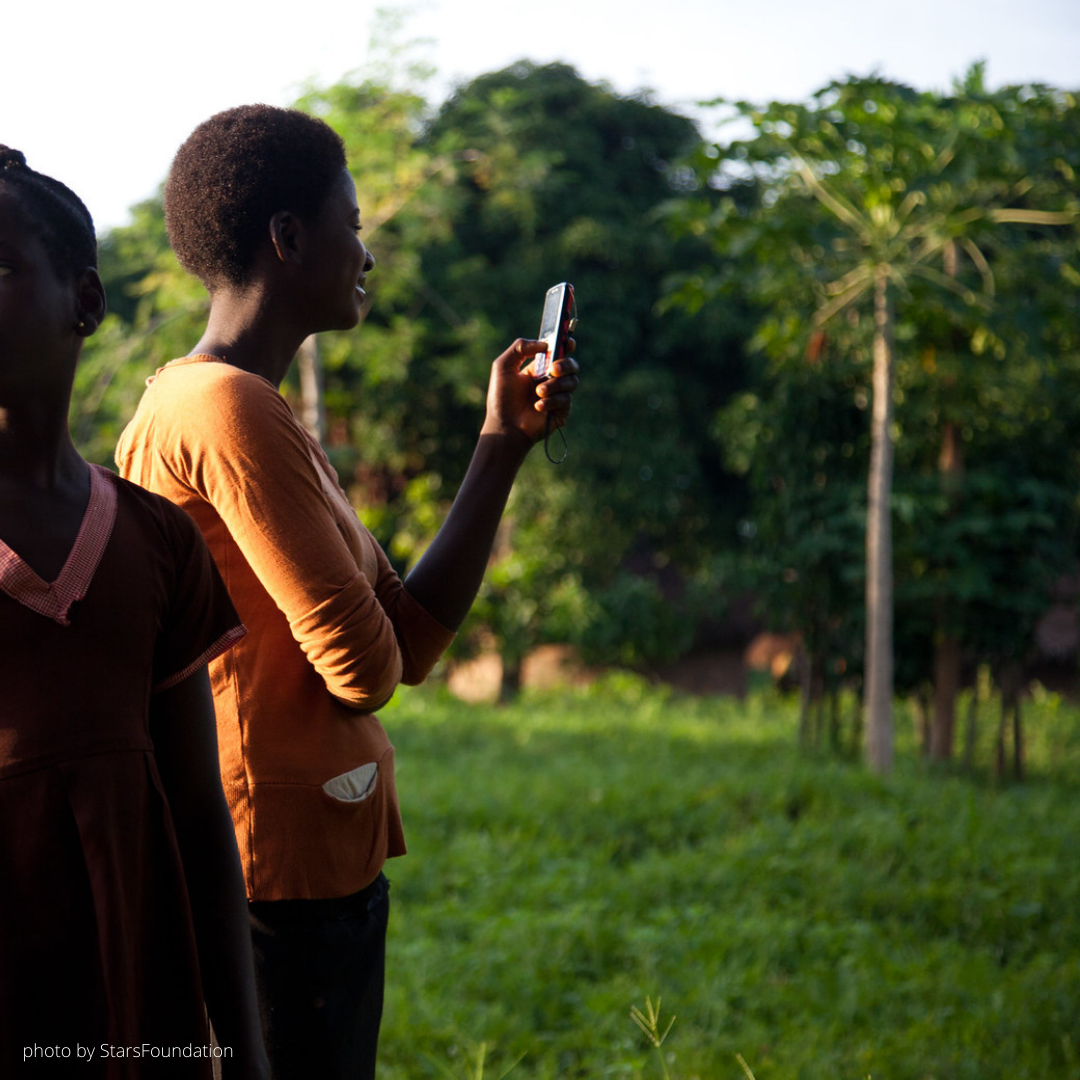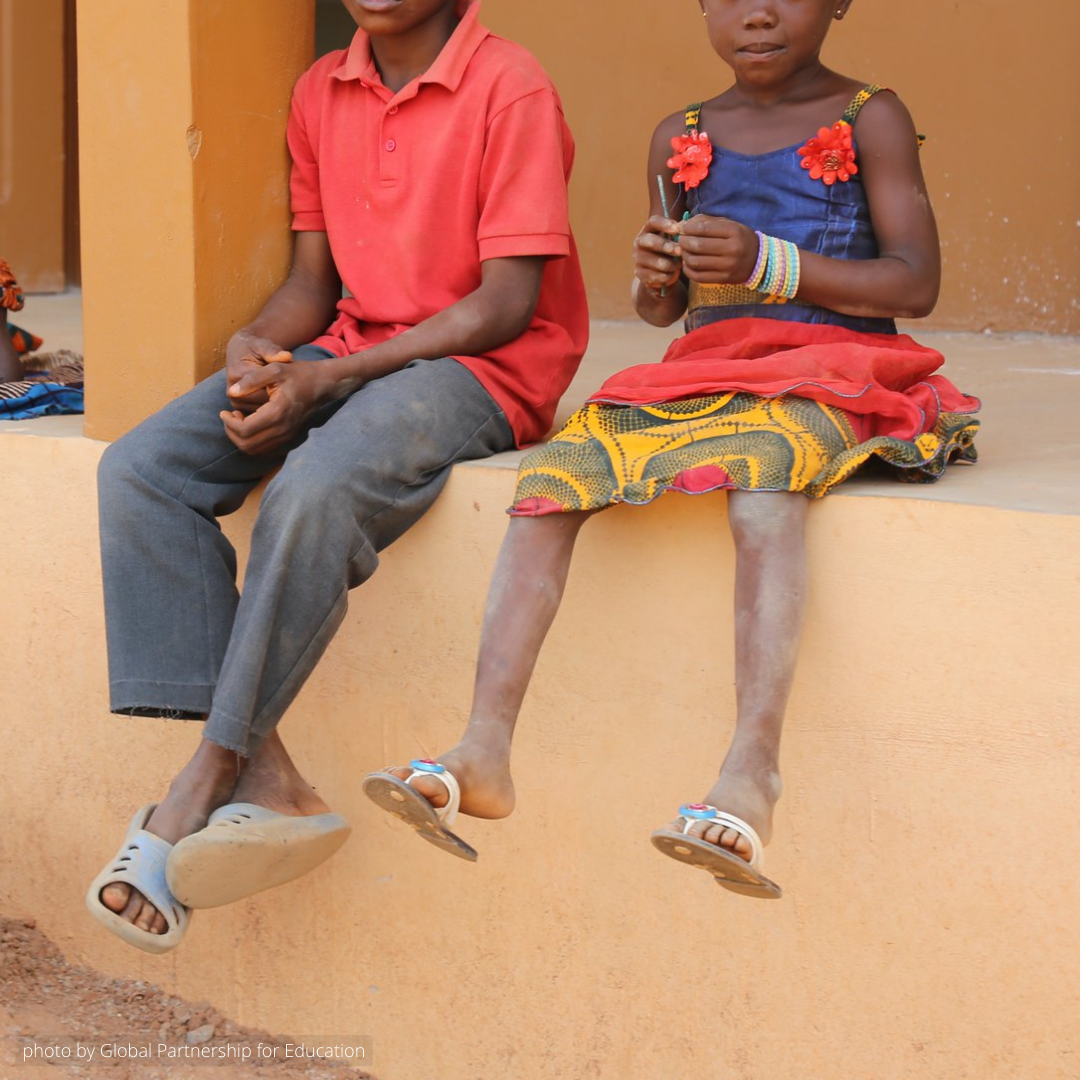This article has been compiled using data and research gathered from the ECPAT Country Overview for Côte d’Ivoire, written in collaboration with our local member SOS Violences Sexuelles.
ECPAT Country Overviews comprehensively present all the existing research and publicly available data about sexual exploitation of children in a country. A detailed analysis of the legal and policy framework for addressing these crimes is also included. The overviews provide an assessment of achievements and challenges in implementation, existing counteractions, and suggest concrete priority actions to eliminate the sexual exploitation of children in the target country.

The Terminology Guidelines defines child sexual abuse as sexual activities committed against children (persons under 18), by adults or peers and usually involves an individual or group taking advantage of an imbalance of power. Force may be used, with offenders frequently using authority, power, manipulation, or deception.
Child sexual exploitation involves the same abusive actions. However, an additional element must also be present – exchange of something (e.g. money, shelter, material goods, non-material things like protection or a relationship), or even the mere promise of such. It can occur offline, online and through a combination of both.

“One million children are estimated to be currently living on the streets.”
In Côte d’Ivoire, it is estimated that one million children are currently living on the streets. High rates of child labour, school dropouts, and gaps in birth registration have been found to increase children’s vulnerability to child sexual exploitation, trafficking, and abuse.
Traditional practices such as confiage, where a child is placed in the care of relatives or friends in exchange for work, has been linked directly to child sexual exploitation. The majority of these children, predominantly young girls coming from families in rural areas, find that far from home, they are often expected to fend for themselves. For instance, being forced to find and source their own meals just to survive.
Côte d’Ivoire has ratified the main international and regional instruments on the rights of the child and introduced laws against trafficking and the worst forms of child labour, cybercrime, and child marriage. However, many legislative gaps remain.
The definition of child sexual abuse material does not cover representations of the sexual organs of a child nor materials depicting children above 15. It also does not cover non-visual material, digitally-generated material, or materials featuring persons appearing as children. Accessing child sexual abuse material through an information system or computer data storage medium is also not criminalised. Concerningly, the legislation does not contain provisions that exclude criminal responsibility for a child involved in the consensual production and sharing of self-generated sexual content, nor does it explicitly criminalise other forms of online child sexual exploitation, such as sexual blackmail of children and online grooming for sexual purposes.


Although Côte d’Ivoire has introduced national action plans to combat trafficking and child labour, there is no national action plan dedicated to addressing the sexual exploitation of children in all its manifestations, such as exploitation in prostitution and in the context of travel and tourism.
Additionally, and more importantly, Côte d’Ivoire does not publish crime statistics for offences related to the sexual exploitation of children. Such data could be used to better understand the prevalence of the phenomenon, identify vulnerable populations, and plan and implement prevention programmes to respond to the needs of victims.
In recent years, Côte d’Ivoire has experienced an uptake in international visitors, boosting the local tourism economy. The capital city of Abidjan is the first tourist destination of the country and a major regional centre for business travels. The prevalence of the exploitation of children for prostitution in Abidjan makes it a hotspot for exploitation of children in the context of travel and tourism. With Côte d’Ivoire set to host the African Cup of Nations in early 2024, an influx of international travellers may also lead to an increase in these crimes.


Due to a lack of resources and training of law enforcement officers, investigations regarding sexual violence of children are generally superficial and ineffective. In many cases, law enforcement agents may ask the victims’ families to conduct their own research on the offender or to cover the expenses linked to the investigation. This often leads to cases of acquittance due to a lack of evidence brought in court by the police.
While all victims of sexual violence (children included) are entitled to free legal aid, most victims do not benefit from it as lawyers tend to refuse such cases. Cases involving sexual abuse are typically characterised by complex and slow payment procedures which further disincentivizes lawyers from taking the cases. Additionally, the dedicated services for victims of gender-based violence or sexual violence that are available are not only scarce but also underfunded.
Ivorian law does not provide access to compensation for child victims of sexual violence. This, coupled with the fact that public actions rarely lead to compensation, often result in victims and their families having to turn to the customary court system to seek redress.
Child-sensitive justice is essential to ensuring that children feel safe and comfortable when disclosing sexual exploitation and abuse. However, Ivorian law does not explicitly provide for interrogation procedures or methods specifically adapted for child victims of sexual exploitation.
